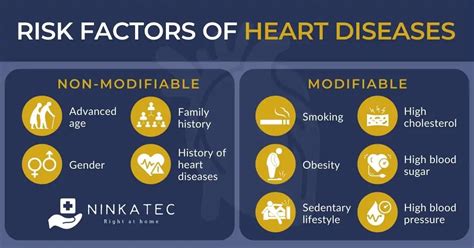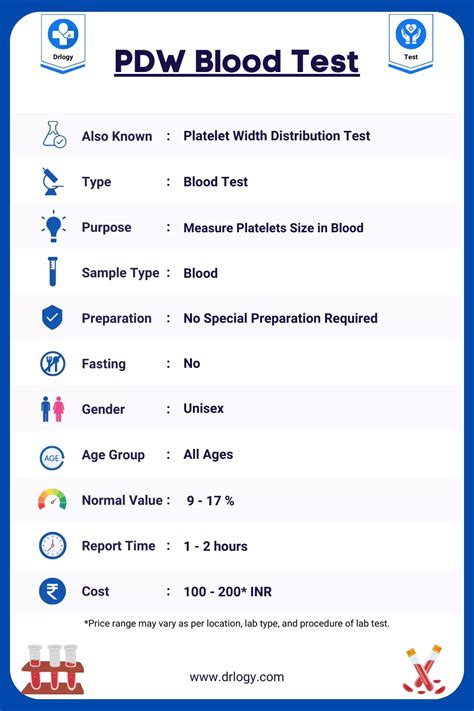Intro
Assess your heart disease risk with our expert guide. Learn the 5 key ways to evaluate your likelihood of developing heart disease, including blood pressure monitoring, cholesterol level checks, and lifestyle assessments. Identify your cardiovascular risk factors and take proactive steps to prevent heart disease with our comprehensive resource.
Heart disease is a leading cause of death worldwide, accounting for over 17.9 million deaths per year. Assessing heart disease risk is crucial for individuals to take preventive measures and reduce their chances of developing this condition. In this article, we will explore five ways to assess heart disease risk, including the importance of understanding risk factors, calculating risk scores, and undergoing medical tests.
Understanding Heart Disease Risk Factors
Heart disease risk factors can be broadly classified into two categories: modifiable and non-modifiable. Non-modifiable risk factors include age, sex, and family history, which cannot be changed. Modifiable risk factors, on the other hand, can be controlled or managed through lifestyle changes and medical treatment. These include high blood pressure, high cholesterol, smoking, obesity, physical inactivity, and diabetes.

Calculating Heart Disease Risk Scores
Several risk scores have been developed to estimate an individual's risk of developing heart disease. The most commonly used risk scores include the Framingham Risk Score, the Reynolds Risk Score, and the ASCVD Risk Estimator. These scores take into account various risk factors, such as age, sex, blood pressure, cholesterol levels, and smoking status, to estimate the risk of heart disease over a specified period.
**Medical Tests for Heart Disease Risk Assessment**
Several medical tests can help assess heart disease risk, including:
**1. Blood Tests**
Blood tests can measure various biomarkers, such as cholesterol levels, triglycerides, and C-reactive protein (CRP), which can indicate inflammation in the body. Elevated levels of these biomarkers can increase the risk of heart disease.

**2. Electrocardiogram (ECG or EKG)**
An electrocardiogram (ECG or EKG) is a non-invasive test that measures the electrical activity of the heart. It can detect abnormal heart rhythms, which can increase the risk of heart disease.
**3. Echocardiogram**
An echocardiogram is a non-invasive test that uses sound waves to create images of the heart. It can evaluate the heart's structure and function, including the heart valves and chambers.
**4. Stress Test**
A stress test, also known as a treadmill test or exercise test, measures the heart's ability to function under stress. It can detect abnormal heart rhythms and blood flow problems.
**5. Imaging Tests**
Imaging tests, such as computed tomography (CT) scans and magnetic resonance imaging (MRI) scans, can create detailed images of the heart and its blood vessels. These tests can detect blockages in the coronary arteries and evaluate the heart's structure and function.

Taking Action to Reduce Heart Disease Risk
Assessing heart disease risk is the first step towards reducing the risk of developing this condition. Individuals can take action to reduce their risk by:
- Maintaining a healthy weight
- Engaging in regular physical activity
- Eating a balanced diet
- Managing stress
- Getting enough sleep
- Quitting smoking
- Limiting alcohol consumption
By understanding heart disease risk factors, calculating risk scores, and undergoing medical tests, individuals can take proactive steps to reduce their risk of heart disease.
Get Involved
We encourage you to share your thoughts and experiences with heart disease risk assessment in the comments section below. Have you undergone any medical tests to assess your heart disease risk? What steps have you taken to reduce your risk? Share your story and help others take action to protect their heart health.
What is the most common cause of heart disease?
+The most common cause of heart disease is atherosclerosis, which is the buildup of plaque in the coronary arteries.
Can heart disease be prevented?
+Yes, heart disease can be prevented by maintaining a healthy lifestyle, including a balanced diet, regular physical activity, and stress management.
What is the best way to assess heart disease risk?
+The best way to assess heart disease risk is to undergo a comprehensive medical evaluation, including medical tests and a review of medical history.
